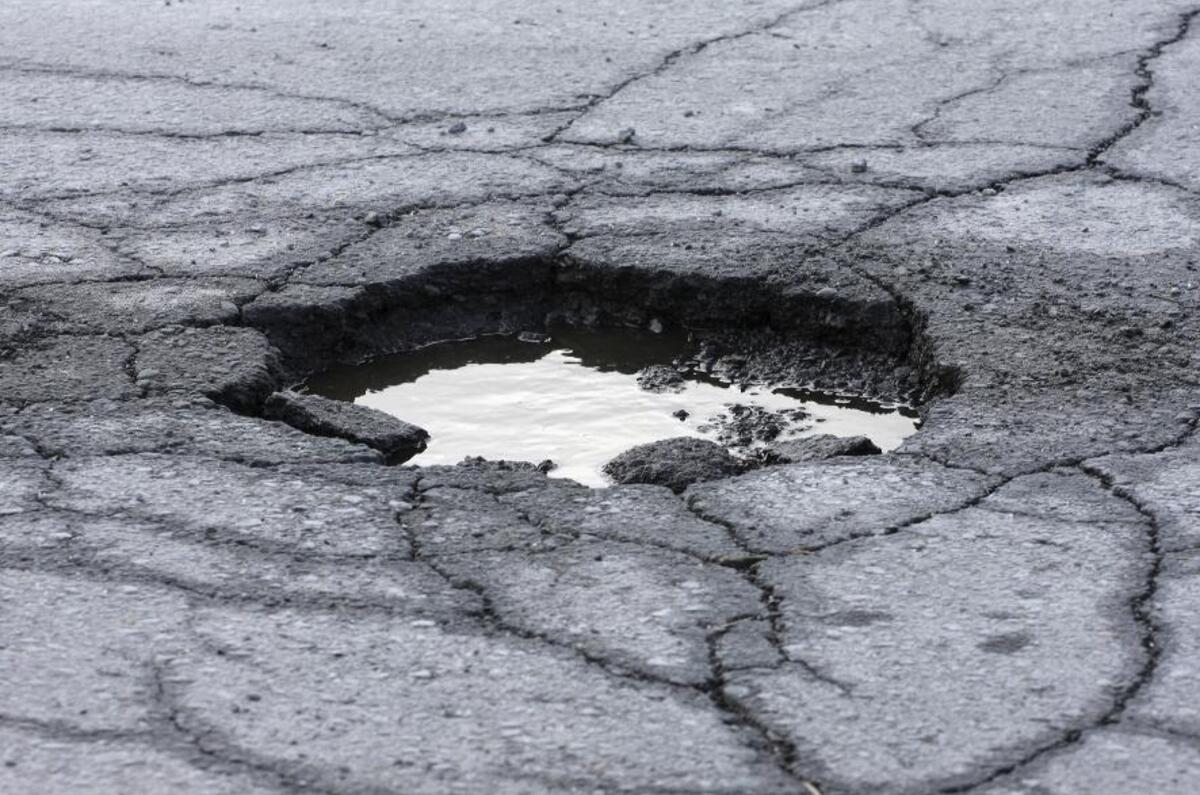The UK’s Department for Transport has laid out its plan to fix Britain’s crumbling roads and explained how it wants to streamline highway maintenance policy.
A document produced by the DfT, Highways Agency and Highways England minister Andrew Jones has stressed the need for the recent allocation of £180 million towards repairing roads damaged by Storm Katie and explains how the additional £250m Pothole Action Fund - first announced in last month's budget - will be split up in a bid to fix Britain’s broken roads.
The Department for Transport is to be abolished, read more here
Figures suggest that the UK road network is currently plagued by more than one million potholes. The DfT wants to set about fixing these by using a fifth of the fund over the next 12 months, before repairing a further three million potholes by 2021. It costs, on average, £53 to repair each pothole.
Local highway authorities will also be able to apply for a percentage of a £578m road budget that’ll be split up across the UK over the next five years to help with road maintenance and repairs.
The most efficient authorities will be allocated the most money, with Durham and Lincolnshire the UK’s top performers in the most recent assessments. The DfT hopes this 'reward system' will motivate other authorities to boost the productivity of their highway repairs.
The total amount of money allocated to running, repairing and improving the UK’s highways between now and 2021 totals £6.1bn, which is close to £400m more than the amount made available in the last Parliament.
A list of the cars most often damaged by potholes was released by Warranty Direct earlier this week. It revealed that six of the top 10 vehicles most commonely damaged by road imperfections in Britain were SUVs.





Join the debate
Add your comment
PROPPER REPAIRS by the Utility Companies.
All this money does is pay
It's the Radio Rentals of roads maintainence, pay for everything multiple times over until it's finally resurfaced properly. At which point it gets dug up to install some new gas pipes....!
I don't think repairing
The only way of sorting the problem, properly, is to resurface the roads using the correct tarmac for the job, although that will cost more in the short term, it will cost them less in the long term (although lets face it, all governments / councils only look in the short term when it will benefit them).